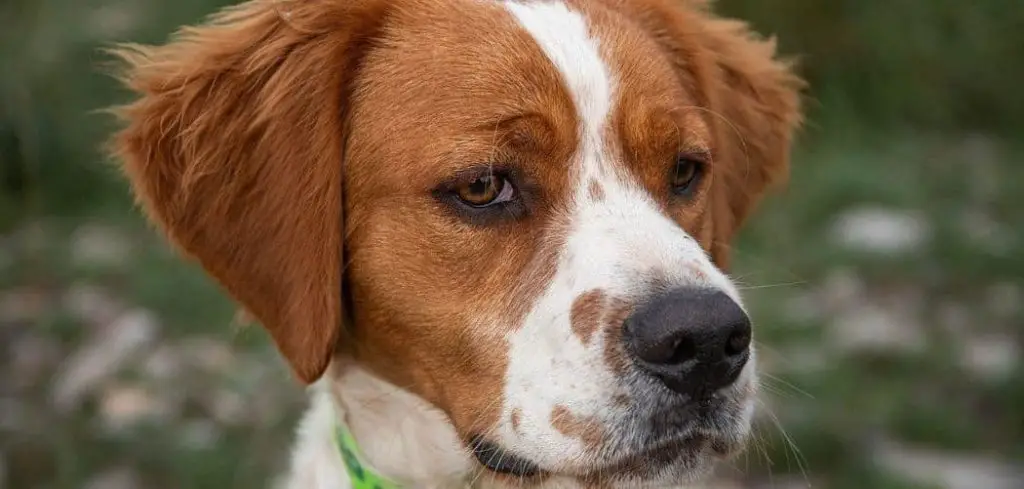Is your dog suddenly drinking more and needing to pee all the time? While it might seem like a hydration issue, frequent urination paired with excessive thirst can signal a deeper health problem that needs attention.
We outline the common causes of dog drinking a lot of water and urinating frequently, what you can do at home, and when to seek veterinary help.
Dog Drinking a Lot of Water and Urinating Frequently — Why It Happens
Increased thirst and urination in dogs often stem from diabetes, kidney disease, urinary tract infections, Cushing’s disease, or medication side effects. These conditions interfere with the body’s ability to regulate fluids or eliminate waste properly, resulting in noticeable changes to your dog’s bathroom habits.

Common Causes of Dog Drinking a Lot of Water and Urinating Frequently
Diabetes Mellitus
Diabetes occurs when your dog’s body can’t use glucose effectively. Excess sugar in the bloodstream pulls water into the urine, causing more frequent urination (polyuria).
To compensate, your dog drinks more water (polydipsia). Accidents in the house, unexplained weight loss, or increased appetite are also common.
Diagnosis involves blood and urine testing. Management includes insulin injections, dietary regulation, and regular monitoring to prevent complications.
Kidney Disease
As the kidneys lose the ability to concentrate urine, dogs pass large volumes of dilute urine. They respond by drinking more water to stay hydrated.
This condition often develops gradually and is common in older dogs. Lethargy, vomiting, and poor appetite may also appear.
Early detection through bloodwork and urinalysis is critical. Kidney support diets and fluid therapy help slow disease progression.
Cushing’s Disease
Cushing’s causes the adrenal glands to overproduce cortisol, a stress hormone that disrupts water and energy balance.
Dogs with Cushing’s drink and pee more than normal, often to the point of frequent accidents. Other signs include a pot-bellied look, panting, hair thinning, and muscle weakness.
Hormonal testing and imaging confirm the diagnosis. Treatment may involve daily medications to control cortisol production.
Related: Dog drinking a lot of water and not eating (Here’s why)
Urinary Tract Infections (UTIs)
UTIs cause irritation and inflammation in the urinary tract, leading to the urge to urinate often—even when the bladder isn’t full.
Increased drinking can be a response to discomfort or an effort to flush out bacteria.
Your dog may also strain, lick their genitals, or show signs of pain. Antibiotics typically resolve the infection after a diagnosis via urinalysis.
Medication Side Effects
Some medications, like corticosteroids and diuretics, increase thirst and urination as a side effect.
If your dog has recently started a new medication and these symptoms began shortly after, speak with your vet about potential alternatives or dosage adjustments.
Do not stop any medication without veterinary guidance.
Read more: Dog Drinking a Lot of Water and Having Accidents (A deeper health issue?)
What to Do If Your Dog Is Drinking and Peeing Frequently
Keep a log of your dog’s water intake and urination frequency. Note any changes in appetite, weight, or behavior.
Offer potty breaks more often to avoid accidents and discomfort.
Ensure constant access to fresh, clean water—even if it feels excessive. Restricting water can worsen dehydration and complicate the underlying condition.
Avoid salty foods or treats, which can increase thirst unnecessarily.
Make a veterinary appointment with your notes in hand. A urine sample and history of symptoms will help guide diagnostic testing.
When to Call or Visit Your Vet
Contact your vet if your dog:
Is peeing more often than usual without increased activity or heat
Has frequent accidents indoors despite being house-trained
Seems excessively thirsty or drains the water bowl multiple times daily
Is showing other symptoms like lethargy, vomiting, or appetite changes
Recently started a new medication
Your vet may recommend bloodwork, urinalysis, imaging, or hormonal panels to determine the cause.
Read more: Dog Drinking a Lot of Water and Peeing in the House (Here’s why)
Key Takeaway
Frequent urination and excessive water intake in dogs are often linked to serious medical conditions—not just normal thirst.
The sooner you get a diagnosis, the sooner your dog can get relief. Monitoring symptoms, staying observant, and seeking prompt veterinary help can make all the difference in your dog’s health and comfort.
